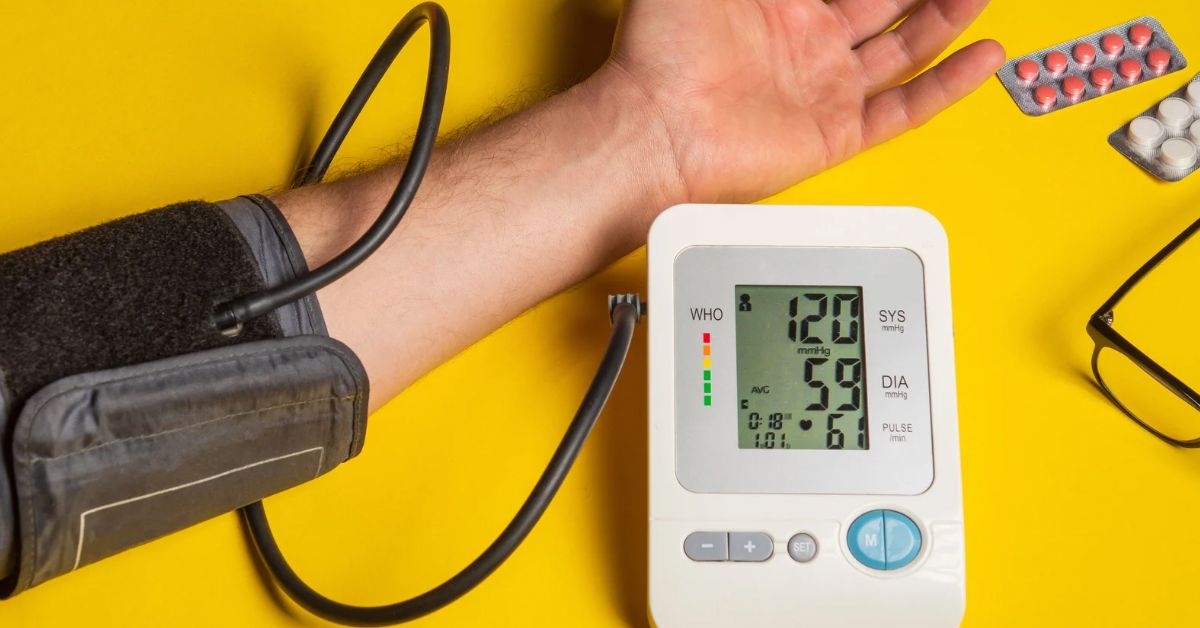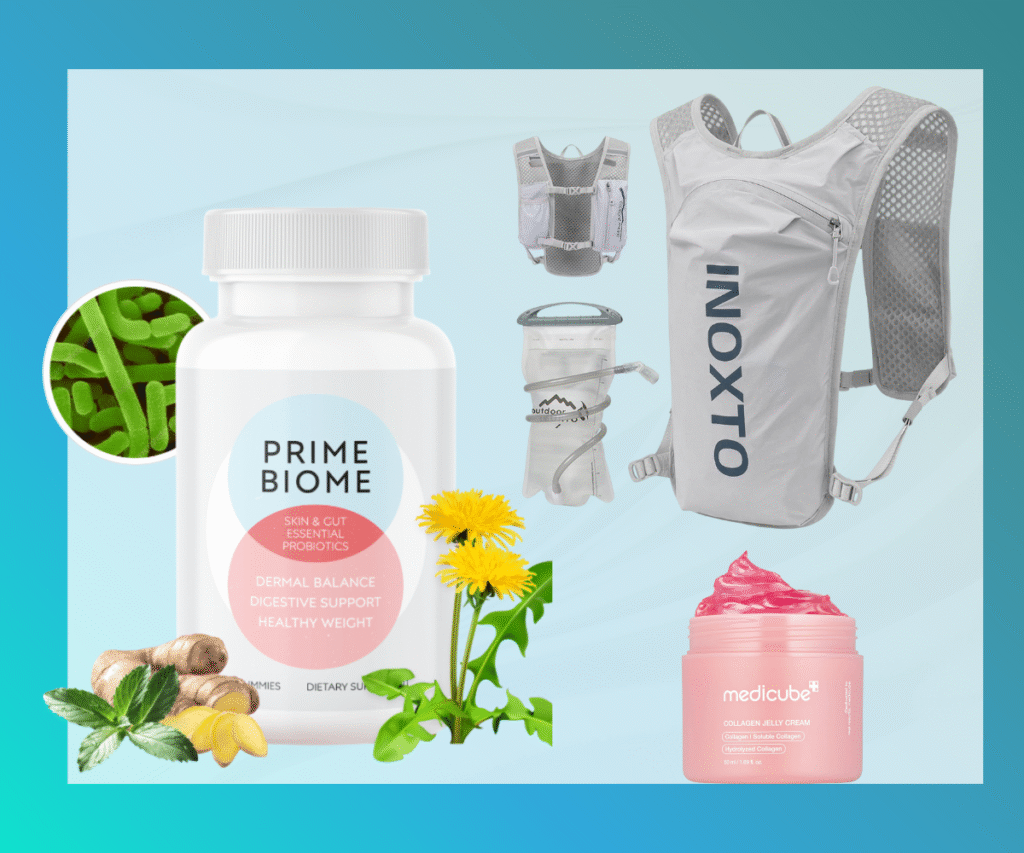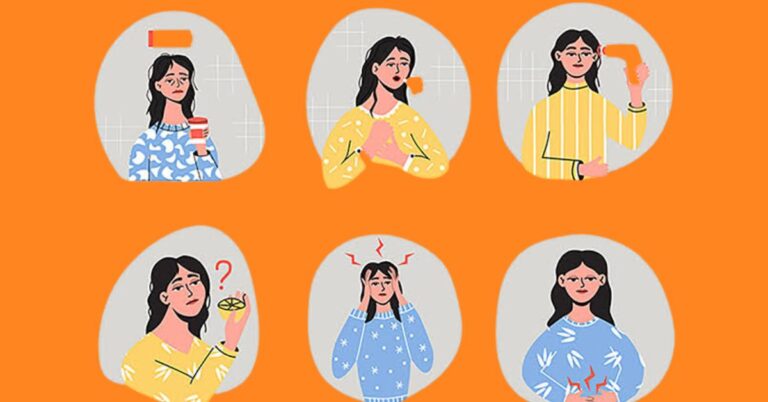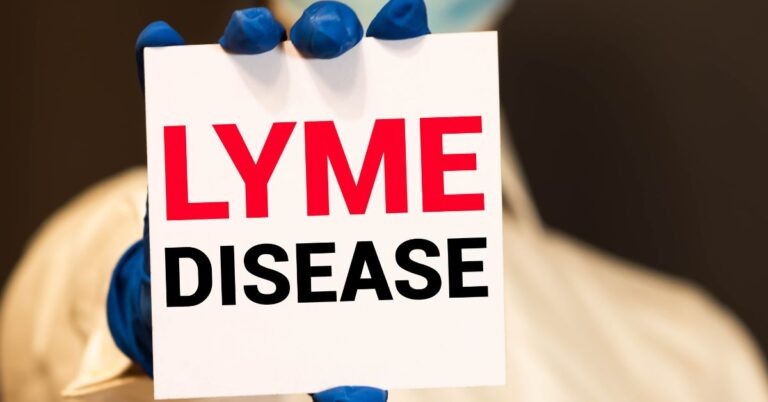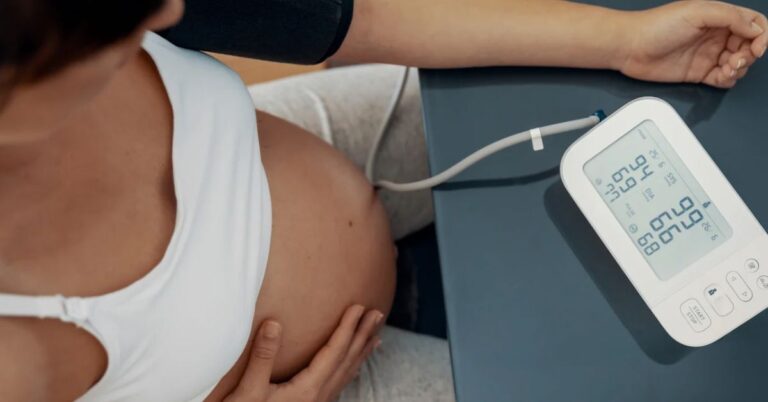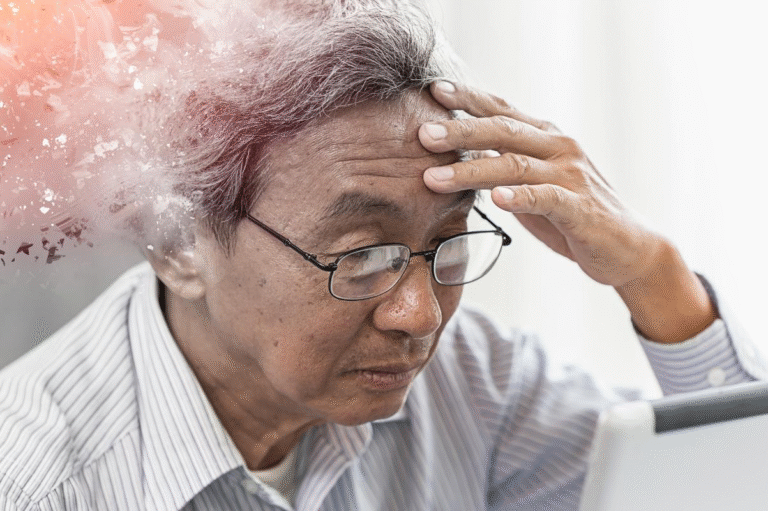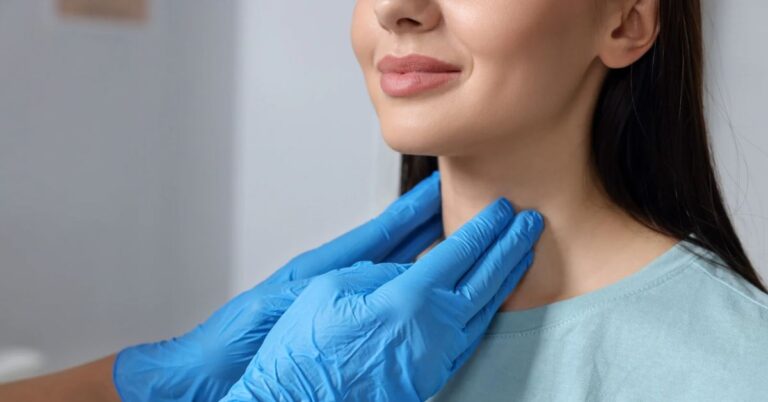How to Lower High Blood Pressure Naturally: A Step‑by‑Step Guide
High blood pressure, commonly referred to as hypertension, is often called the “silent killer” because it affects over one in three adults worldwide without apparent symptoms. Despite its lack of noticeable symptoms, hypertension significantly increases the risk of heart attack, stroke, and kidney disease.
The good news is that in many cases, you can naturally lower high blood pressure, especially if you detect it early. You don’t need crash diets or extreme routines; instead, you can make simple, consistent lifestyle changes that align with your body’s needs. Here’s a straightforward guide to naturally taking control of your blood pressure.
First, What Counts as “High” Blood Pressure?
| Category | Systolic | Diastolic |
|---|---|---|
| Normal | < 120 | < 80 |
| Elevated | 120–129 | < 80 |
| High (Stage 1) | 130–139 | 80–89 |
| High (Stage 2) | 140+ | 90+ |
If your blood pressure is regularly 130/80 or higher, it’s time to act—even if you feel fine.
Step 1: Clean Up Your Salt – (But Don’t Obsess Over It)
Most people consume an excessive amount of sodium, which leads to an increase in blood pressure by retaining excess water in the bloodstream. However, it’s not necessary to completely eliminate salt; instead, you should reduce your intake judiciously.
How:
- Limit processed foods: 75% of sodium comes from packaged snacks, sauces, and deli meats
- Read labels: Aim for < 1,500 mg sodium/day
- Add flavor with herbs, lemon, garlic, or vinegar
Consume foods rich in potassium, such as sweet potatoes, spinach, bananas, and lentils, as they aid in flushing out excess sodium.
Step 2: Move Your Body (But Gently & Often)
You don’t need to run marathons. Just 30 minutes of moderate movement 5x per week can lower your blood pressure by up to 10 points.
Best Activities:
- Brisk walking
- Dancing
- Swimming
- Cycling
- Yoga or Tai Chi (especially helpful for anxiety-linked BP spikes)
Take a break! Even a 10-minute walk after meals can make a significant difference.
Step 3: Try the DASH Diet (Without Dieting)
DASH stands for Dietary Approaches to Stop Hypertension. It’s backed by decades of research and emphasizes real, unprocessed food.
- Leafy greens, berries, beets, bananas
- Whole grains like oats and brown rice
- Legumes, nuts, seeds
- Low-fat dairy, fish, olive oil
Eat Less of the Following foods:
- Red meats
- Sugar
- Fried or packaged snacks
Reducing your daily intake of sugary drinks by just one can lower your systolic blood pressure by 2-3 points.
Step 4: Lower Stress—Your Hidden BP Saboteur
Chronic stress can raise your cortisol and adrenaline, which spike your blood pressure.
What Helps:
- Box breathing or 4-7-8 breath (inhale 4, hold 7, exhale 8)
- Daily mindfulness with apps like Insight Timer or Calm
- Nature exposure—just 15 minutes in a park can lower BP
- Digital detox 1 hour before bed
Studies show guided meditation and breathwork can lower BP by 5–10 points in just a few weeks.
Step 5: Watch Alcohol & Caffeine (They May Not Be Helping)
- Alcohol: Limit to 1 drink/day (women), 2/day (men). More than that = risk zone.
- Caffeine: Can spike BP temporarily, especially if you’re sensitive or drinking on an empty stomach.
Test yourself by taking your blood pressure 30 minutes after consuming coffee. If it increases by 10 points or more, consider switching to matcha or herbal tea.
Step 6: Sleep Like Your Heart Depends on It (Because It Does)
Sleep deprivation raises blood pressure, heart rate, and cortisol.
Build Better Sleep:
- Keep your sleep schedule consistent—even on weekends
- Avoid screens and large meals within 2 hours of bed
- Try magnesium glycinate or melatonin if needed
Adults need 7–9 hours of restorative sleep to support cardiovascular health.
Bonus: Track It to Change It
Blood pressure improves when you track it regularly—because it keeps you aware and consistent.
Use:
- Home BP monitor (digital cuff type, upper arm is best)
- A free BP tracking app or spreadsheet
- Track time of day, diet, mood, and movement to notice patterns
As a tip, measure your weight at the same time each day, sitting upright, after a 5-minute rest period.
When to See a Doctor
Natural strategies work best when combined with professional care. See your provider if:
- Your BP is consistently over 140/90
- You have other conditions (diabetes, kidney issues, etc.)
- You’re already on medication but want to explore lifestyle alternatives
Never stop taking BP medications without consulting your doctor first.Lowering high blood pressure naturally doesn’t demand perfection; it requires progress and consistency. Begin small, track your blood pressure, and incorporate more plants into your life. Regular exercise, deep breathing, and mindful practices can also make a difference. Your heart and future self will thank you for these efforts.
Check out the healthlynic ✔️approved range of products for Weight Loss, Improve metabolism and much more!
